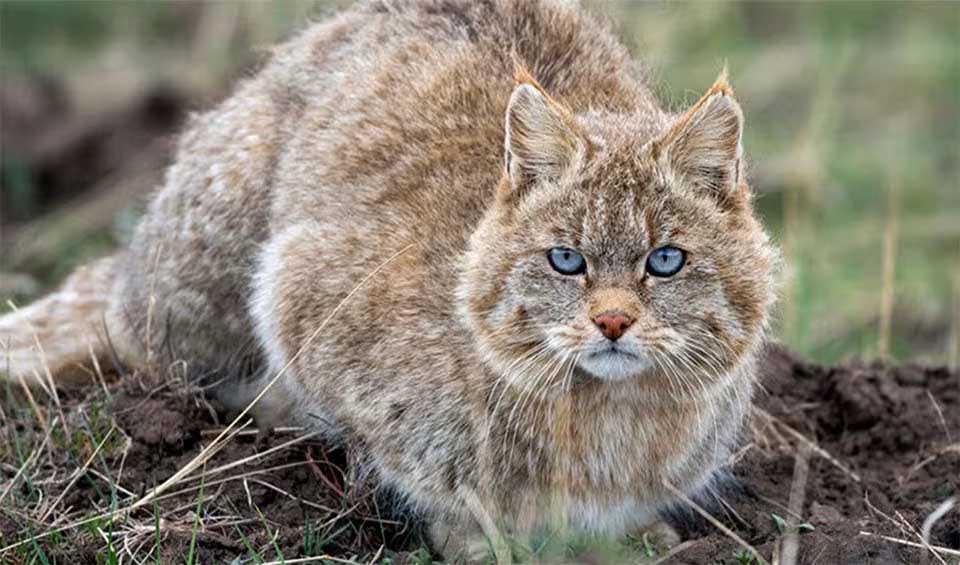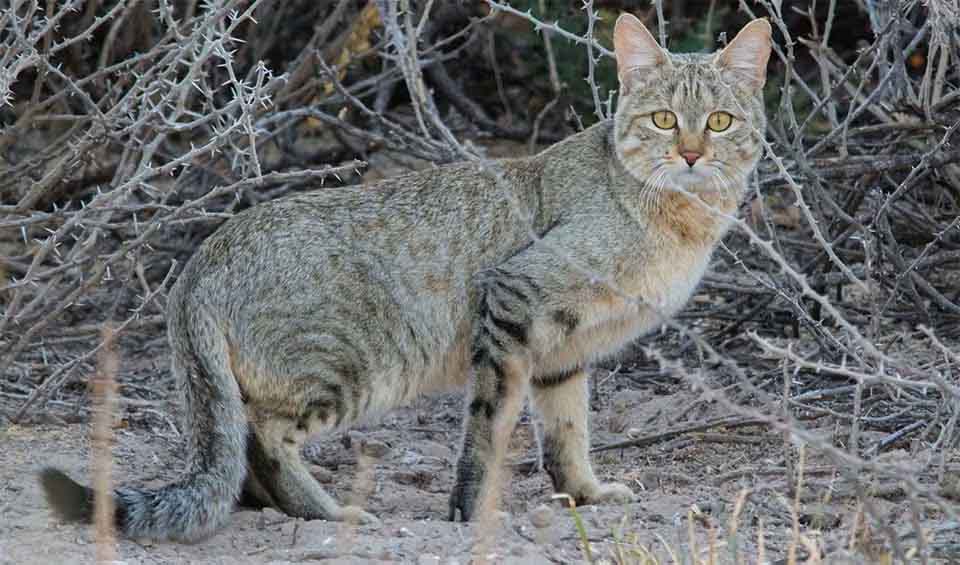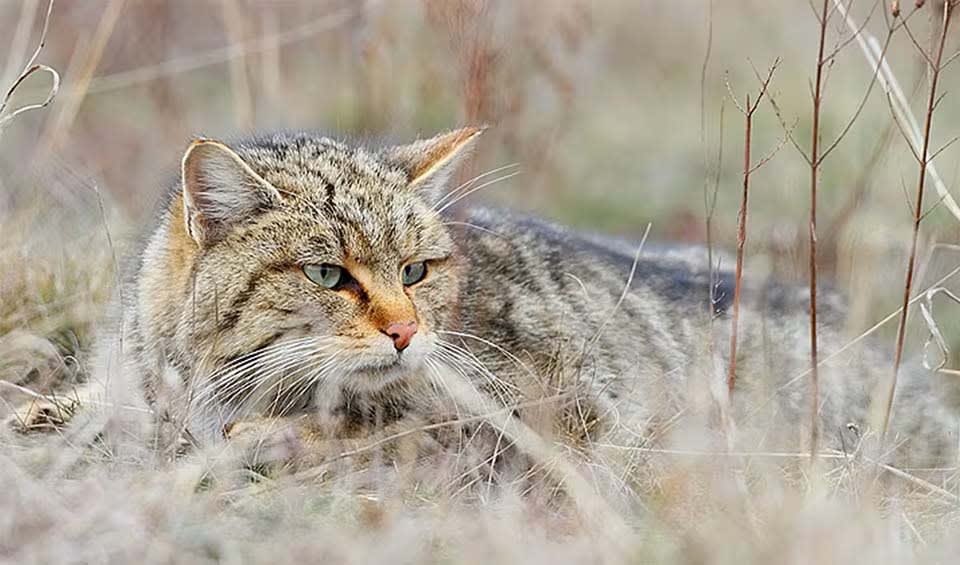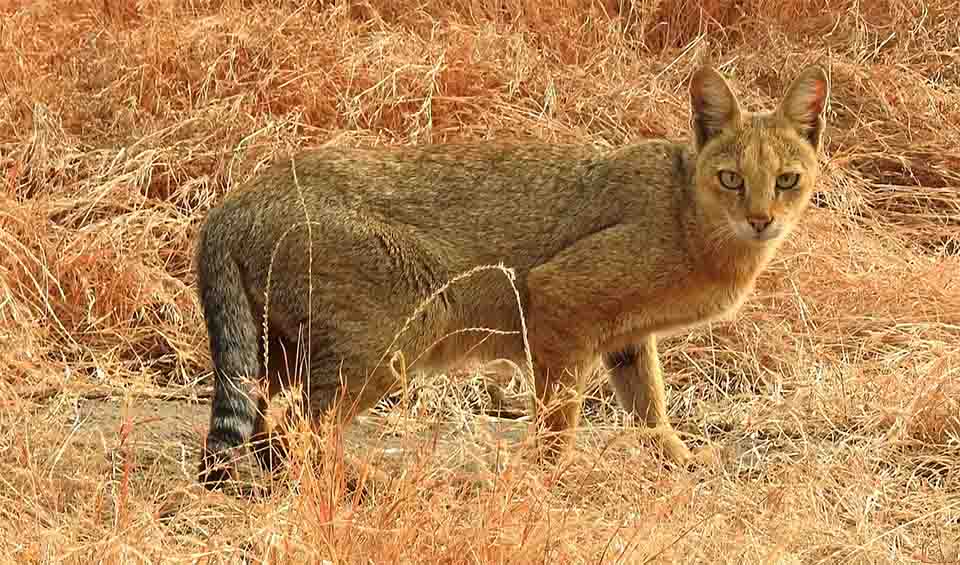Felis – Small cats
The domestic cat, the only domesticated member in the family, originates from this genus and has many wild relatives
This genus represents a fascinating and diverse group of small to medium-sized cats that inhabit a wide range of environments across Africa, Asia, and parts of Southern Europe. This genus includes several species, including the well-known domestic cat (Felis catus), which has endeared itself to humans through centuries of companionship and domestication. Despite the domestic cat’s familiarity, the genus encompasses other wild species that share similar traits but lead much more secluded lives away from human habitation.
Felis species are quintessentially solitary and territorial creatures, traits crucial for survival in the wild. Each cat maintains a distinct territory that it marks using scent markings to communicate its presence to others and deter potential rivals. This territorial behavior is a key aspect of their solitary nature, as it helps reduce conflicts and ensures that individuals have access to sufficient resources within their home ranges.
Most species within this genus exhibit nocturnal behavior, utilizing the cover of darkness to hunt and explore their environment. During the day, they seek refuge in various shelters, such as burrows left by other animals, hollows within fallen trees, or even abandoned termite mounds. These hiding places protect from the elements and potential predators and offer a secluded space for resting and raising their young.
Felis species eat predominantly meat, including a variety of prey such as rodents, hares, reptiles, amphibians, birds, insects, and occasionally livestock. Their hunting strategy and dietary preferences play a significant role in controlling the population of small vertebrates and invertebrates, contributing to the balance of their ecosystems. Some species within this genus have evolved to extract all the moisture they need from their prey, an adaptation that enables them to thrive in arid environments where water is scarce.
Species in this genus
Black-footed cat
When it comes to hunting skills, this cat proves that good things come in small packages
Chinese mountain cat
This little fluff ball is a skilled hunter with a big attitude
African wildcat
The direct ancestor of the domestic cat—no wonder why they look so alike!
European wildcat
The ancestors of domestic cats are widespread in Europe, western Asia, and Africa
Jungle cat
One of the cats that were mummified and put into tombs in ancient Egypt as Egyptians worshipped a cat goddess
Pallas’s cat
‘Grumpiest cat on earth’ is well camouflaged, widespread, and adapted to cold climate
Sand cat
During mating, they use bark-like vocalizations as a mating call that sounds like chihuahuas
Domestic cat
Regardless of their breed, all 73 recognized kitties’ breeds are of one single species









